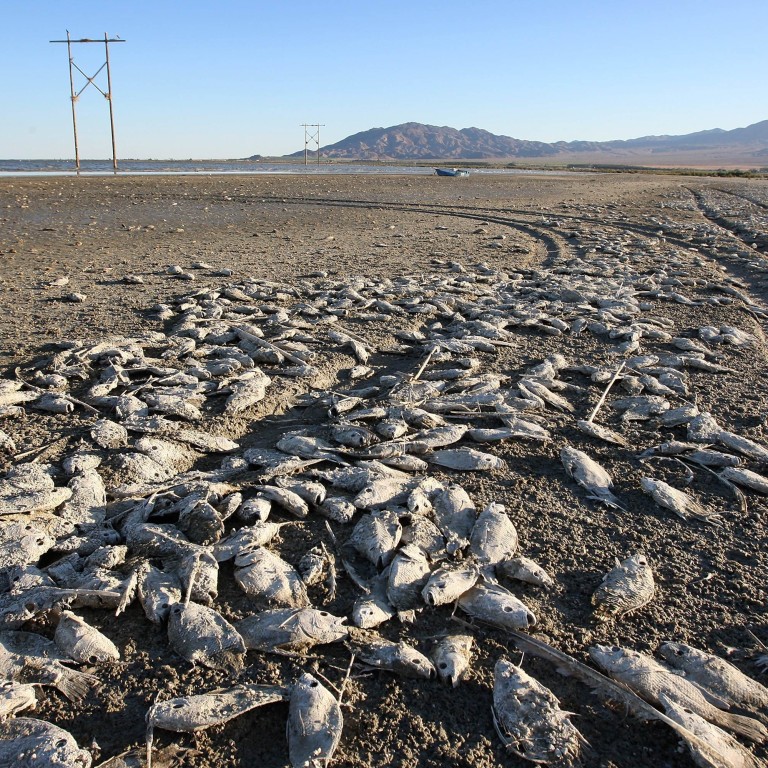
Book review: Gold Fame Citrus puts the western US through the apocalyptic wringer
In the near future, climate change has turned California into a "dune sea" where messianic figures contend for dominance


Cormac McCarthy's may not be the best novel of the past decade, but since its publication in 2006, scores of post-apocalyptic writers have helped make it the most influential. Barren landscapes, struggling families, bleached prose flecked with religious imagery - for today's serious novelist, there seems to be no richer soil than the dying earth. A literature professor could fill a term with works from the past few years alone - Colson Whitehead's , Chang-rae Lee's , Emily St. John Mandel's , Margaret Atwood's MaddAddam trilogy, and on and on.
Add to the list Claire Vaye Watkins' sharp and provocative debut, , which roughly hews to disaster-lit form. In the nearish future the western United States has become a "dune sea" through climate change. Soldiers fight an undefined "forever war" overseas and TV is filled with gaudy, death-themed reality shows like . Luz, the novel's hero, is a former model who was literally adopted at birth by the state conservation bureau to personify the water crisis. Mission not accomplished: "all of the Southwest went moonscape with sinkage" anyway.
Do we imagine gods and newly evolved creatures to fill in the gaps created by a barren territory and bleak future?
Water metaphors abound in the novel, as if the heat vaporised all other figurative language: Luz puts "her face in the basin of her hands"; she feels "a great reservoir of joy drain from her"; a conversation is "an aquifer of understanding."
Luz and her boyfriend, forever war veteran Ray, are caring for an abandoned toddler, Ig, and plan to head east for a more stable life. But their car runs out of gas, Ray goes for help but doesn't come back, and Luz and Ig are near death when they're rescued by a nomadic band led by Levi, a messianic figure in this sandy and lawless land.
Watkins asks whether spirituality is a function of landscape: do we imagine gods and newly evolved creatures to fill in the gaps created by a barren territory and bleak future? Wallace Stegner and John Steinbeck explored the spiritual elements of the West in more conventional ways, so Watkins' looser, Burning Man-ish take is welcome and engrossing. But ultimately narrows its scope, its apocalyptic adventure story becoming a conventional tale about Luz's conflicted romantic affections. That shortcoming, after such admirable overreach, suggests Watkins has bigger stories to tell.
Early on, Ray says three things brought people to California: gold, fame and citrus. Those were, he says, a "mirage". But for Watkins, the state is fertile territory for people imagining brighter futures - its wild mix of religious radicals and hopeful migrants defining the land as much as sunshine and drought.
Gold Fame Citrus by Claire Vaye Watkins (Riverhead)
Tribune News Service
